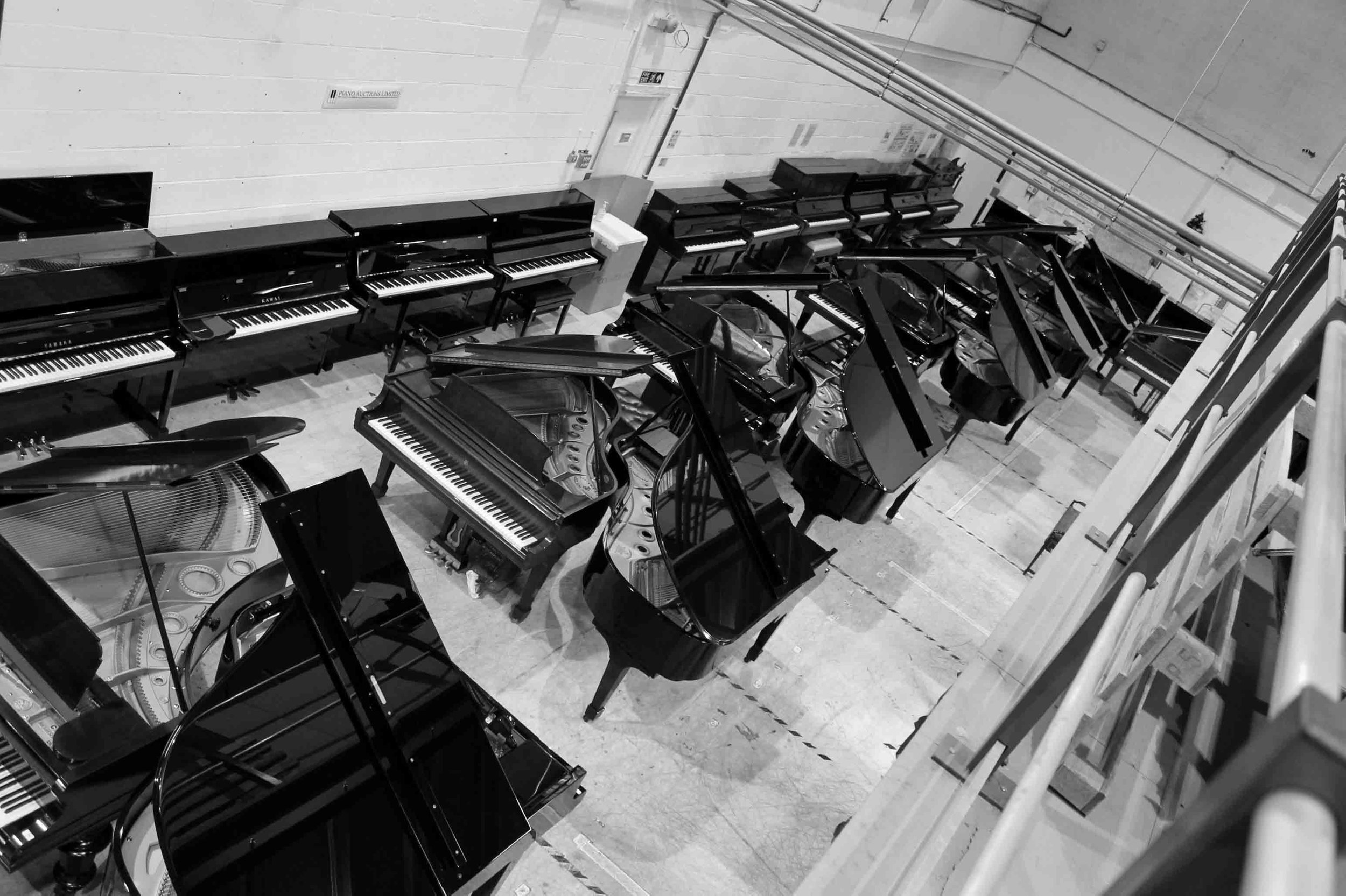Digital pianos have revolutionized the way people play and enjoy music. With advanced technology and realistic sound, they provide an immersive musical experience. But with so many brands to choose from, it can be overwhelming to find the right one for your needs. That’s why we’ve put together this comprehensive guide to the best digital piano brands on the market. Whether you’re a beginner or an advanced player, our list will help you make an informed decision.
Top Picks Among The Best Digital Piano Brands
Yamaha
Yamaha is a well-established brand that’s synonymous with quality. They design their digital pianos for the modern musician, offering a wide range of features and a natural touch. The Yamaha P-125 is one of their most popular models, offering excellent sound quality and a sleek, modern design.
Casio
Casio is another well-known brand that produces some of the best digital pianos on the market. They’re known for their affordability, versatility, and ease of use, making them an ideal choice for beginners and more experienced players alike. The Casio Privia PX-160 is one of their top models, featuring a sleek design and a range of advanced features.
Kawai
Kawai is a well-respected brand that produces some of the most advanced and high-quality digital pianos on the market. From its realistic sound to its intuitive features, Kawai is a great choice for serious musicians.
Korg
Korg is a Japanese brand that’s been producing high-quality digital pianos for years. Their instruments are known for their innovative features and advanced sound technology, making them a popular choice among professional musicians. The Korg Grandstage is one of their top models, offering excellent sound quality and a range of advanced features.
Roland
Roland is a brand that’s been producing top-quality digital pianos for years. They’re known for their advanced technology, high-quality sound, and versatile features. The Roland FP-30 is one of their most popular models, offering excellent sound quality and a compact design that’s ideal for home use.
How to Choose
- Research and Reviews: Start by researching different digital piano brands available in the market. Read reviews, watch video demonstrations, and seek recommendations from professionals or experienced musicians. Websites, forums, and online communities dedicated to pianos and keyboards can provide valuable insights and user experiences.
- Budget: Determine your budget range for purchasing a digital piano. Digital pianos come in various price ranges, from entry-level models to high-end professional instruments. Setting a budget will help narrow down your options and focus on brands and models that offer the best value within your price range.
- Sound Quality: Pay attention to the sound quality and realism of the piano tones produced by different digital piano brands. Look for brands that use advanced sampling technology, high-quality speakers, and realistic piano samples to emulate the sound of acoustic pianos accurately. Some brands known for their exceptional sound quality include Yamaha, Roland, Kawai, and Casio.
- Key Action and Touch Sensitivity: Consider the key action and touch sensitivity of the digital piano models offered by various brands. Look for brands that offer weighted keys, graded hammer action, or hybrid key actions designed to replicate the feel of an acoustic piano. Testing the key action in person can help you determine which brand offers the most realistic and responsive playing experience.
- Features and Functionality: Evaluate the features and functionality offered by different digital piano brands. Consider factors such as polyphony (the number of notes the piano can produce simultaneously), built-in sounds and voices, recording and playback capabilities, connectivity options (USB, MIDI, Bluetooth), and additional features like built-in lessons, metronome, and rhythm accompaniments. Choose a brand that offers features and functions that align with your musical goals and requirements.
Conclusion
These are just a few of the best digital piano brands on the market today. Whether you’re a beginner or an advanced player, there’s sure to be a brand and model that’s perfect for your needs. Take your time, do your research, and find the digital piano that’s right for you.
FB Page: Classical Beast
